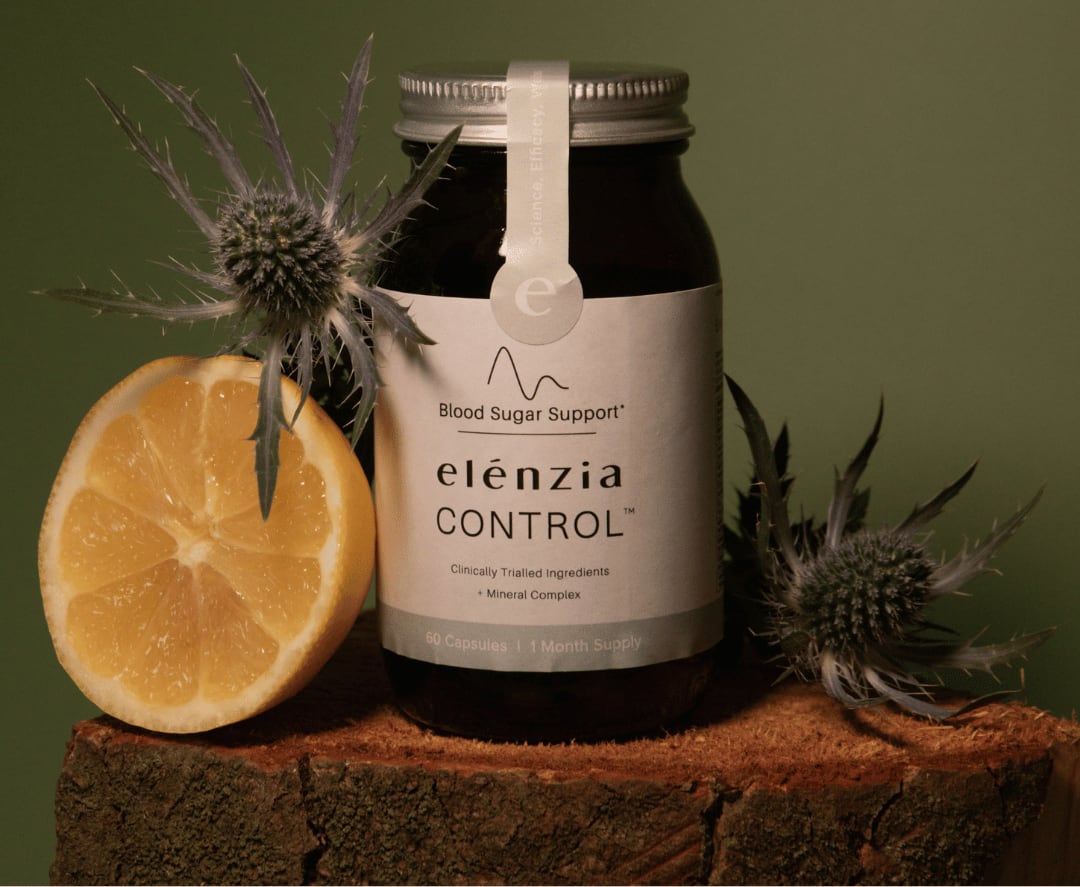The research, published in Frontiers in Nutrition and funded by Shanxi Basic Research Program, found that the combination of Lactobacillus plantarum, Lactobacillus paracasei, Lactobacillus rhamnosus, and Lactobacillus sakei (L-PPRS) modulated the expression of lipid-metabolic genes in mice, exhibiting an “excellent” anti-inflammatory effect.
“This study proved that L-PPRS could effectively prevent the development of obesity and its associated abnormalities, and the long-term supplementation of L-PPRS provided a more profound benefit than the short-term,” wrote the researchers from Shanxi Medical University, China, and the University of Toronto, Canada.
Lactobacillus probiotics and weight management
Probiotics have been highlighted as a new strategy in the prevention and treatment of metabolic disorders, with the genus of Lactobacillus among the most commonly tested probiotics for weight management.
Numerous strains of Lactobacillus have been shown to be effective for weight management, with each thought to harbor different mechanisms of action.
Indeed, each of the strains within the probiotic formulation used in the study has been shown to have an ‘anti-obesity’ effect; however, few studies have analyzed them in combination.
To address this knowledge gap, the researchers randomized 24 mice into four groups. While group one received a normal diet and group two a high-fat diet, group three received a high-fat diet alongside the probiotic for eight weeks, and group four the same but for 12 weeks.
Probiotic formulation may prevent liver damage
Both groups of mice that were not given the probiotic formula gained weight, with the mice fed a high-fat diet gaining significantly more. In contrast, the weight gain of mice in the probiotic group decreased significantly (a 22.63% reduction in the short-term group and 30.49% in the long-term group).
The researchers also assessed lipid levels in the blood. This is because obesity is often accompanied by lipid metabolic disorders and subsequent organ dysfunction, and the main characteristics are abnormality in lipid components in the blood, liver, and other tissues.
“After L-PPRS intervention, abnormalities on lipid levels in blood and liver were significantly reversed, associated with reduced serum levels of ALT [aminotransferase] and AST [aspartate aminotransferase],” they explained. “Furthermore, the redox balance of liver was improved, and liver fatty degeneration was alleviated, suggesting that the liver injury was alleviated.”
The probiotic groups also saw activated expression of AMPK-α, which is thought to play a pivotal role in modulating the development of obesity by regulating physiological activities such as insulin sensitivity and lipid metabolism.
Finally, the study indicated that L-PPRS was effective at increasing the diversity of the gut microbiota and abundance of Lactobacillus, thereby reversing dysbiosis.
A multi-pronged approach
While Hou et al. suggested that this particular probiotic formulation may be beneficial for people looking for ‘natural’ weight loss strategies, they warned that animal studies may not fully predict human responses, and more research is therefore needed.
Nevertheless, they conclude that L-PPRS intervention has the potential to suppress body weight gain and fat accumulation, with the 12-week intervention period showing more favorable effects.
“L-PPRS improved glucose tolerance, insulin sensitivity and attenuated serum lipid level. [It also] restored the redox balance of liver, and attenuated inflammatory responses in high-fat diet challenged mice,” they wrote. “What’s more, L-PPRS effectively restored the dysbiosis of the gut microbiota caused by a [high-fat diet], and increased the abundance of beneficial bacteria, thereby attenuated obesity.”
Source: Frontiers in Nutrition. doi: 10.3389/fnut.2025.1554996. “Supplementation of mixed Lactobacillus alleviates metabolic impairment, inflammation, and dysbiosis of the gut microbiota in an obese mouse model.” Authors: S. Hou, et al.
Redefining Weight Management
For a deep dive into how weight management is evolving through science and innovation, join us in Vienna from 23–25 June at the NutraIngredients Active Nutrition Summit 2025 and explore the future of metabolic health, GLP-1s, and sustainable solutions.





